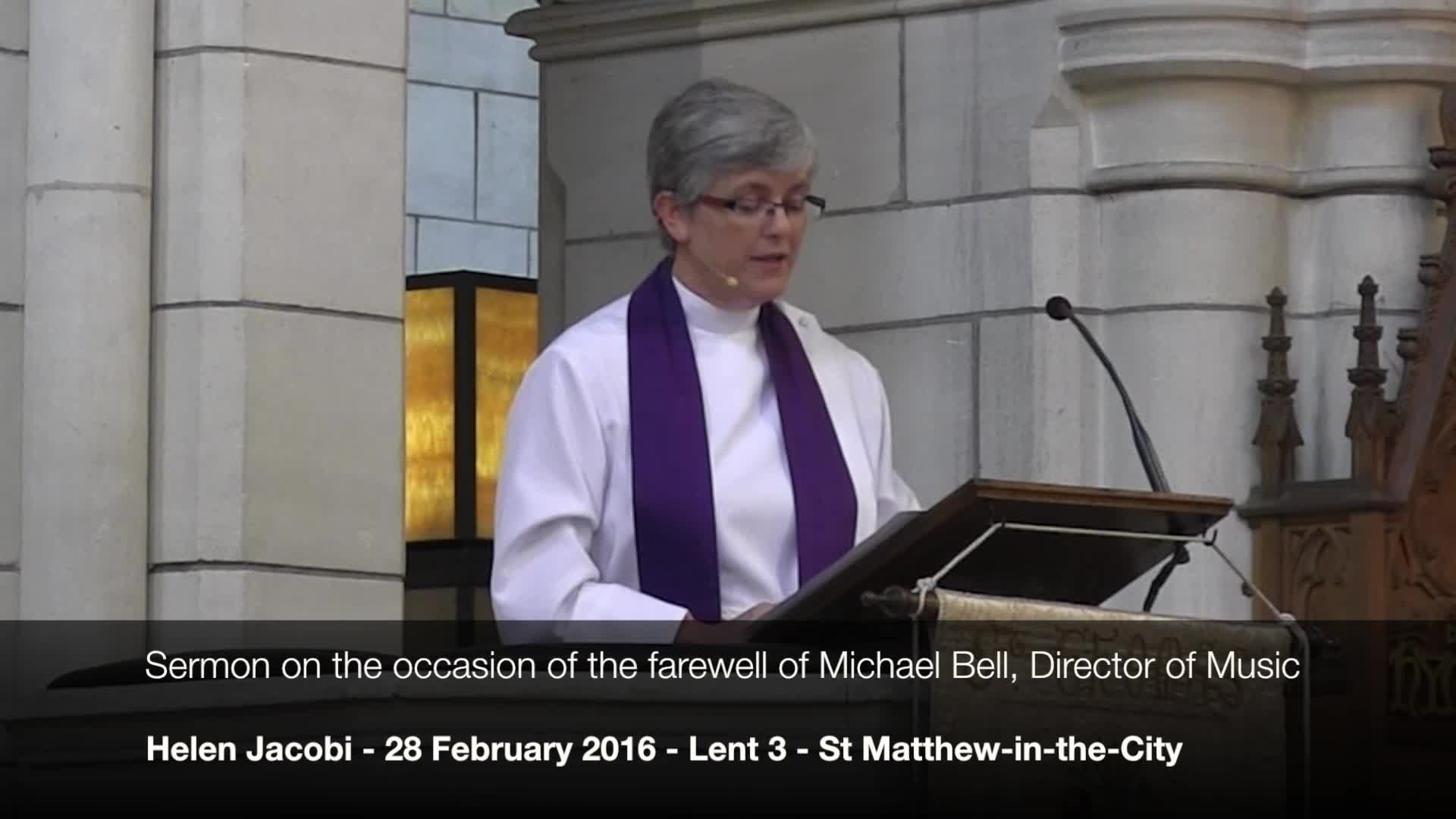
Home
Heritage
Mercy not sacrifice
Archbishop Don Tamihere preaches on St Matthew’s Day 2019 on the Christian practice of mercy


Climate Crisis Statement
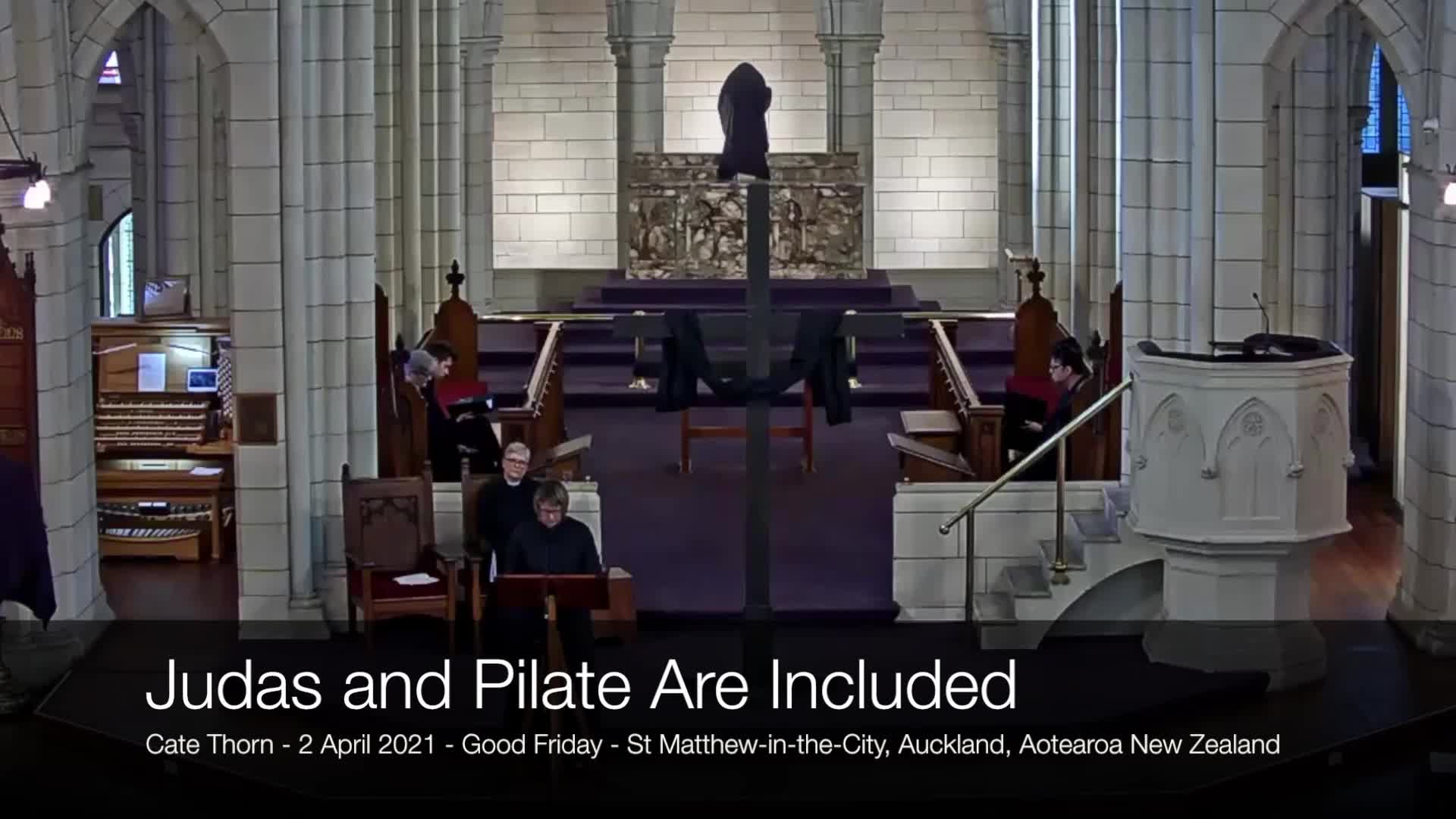
Judas and Pilate are included
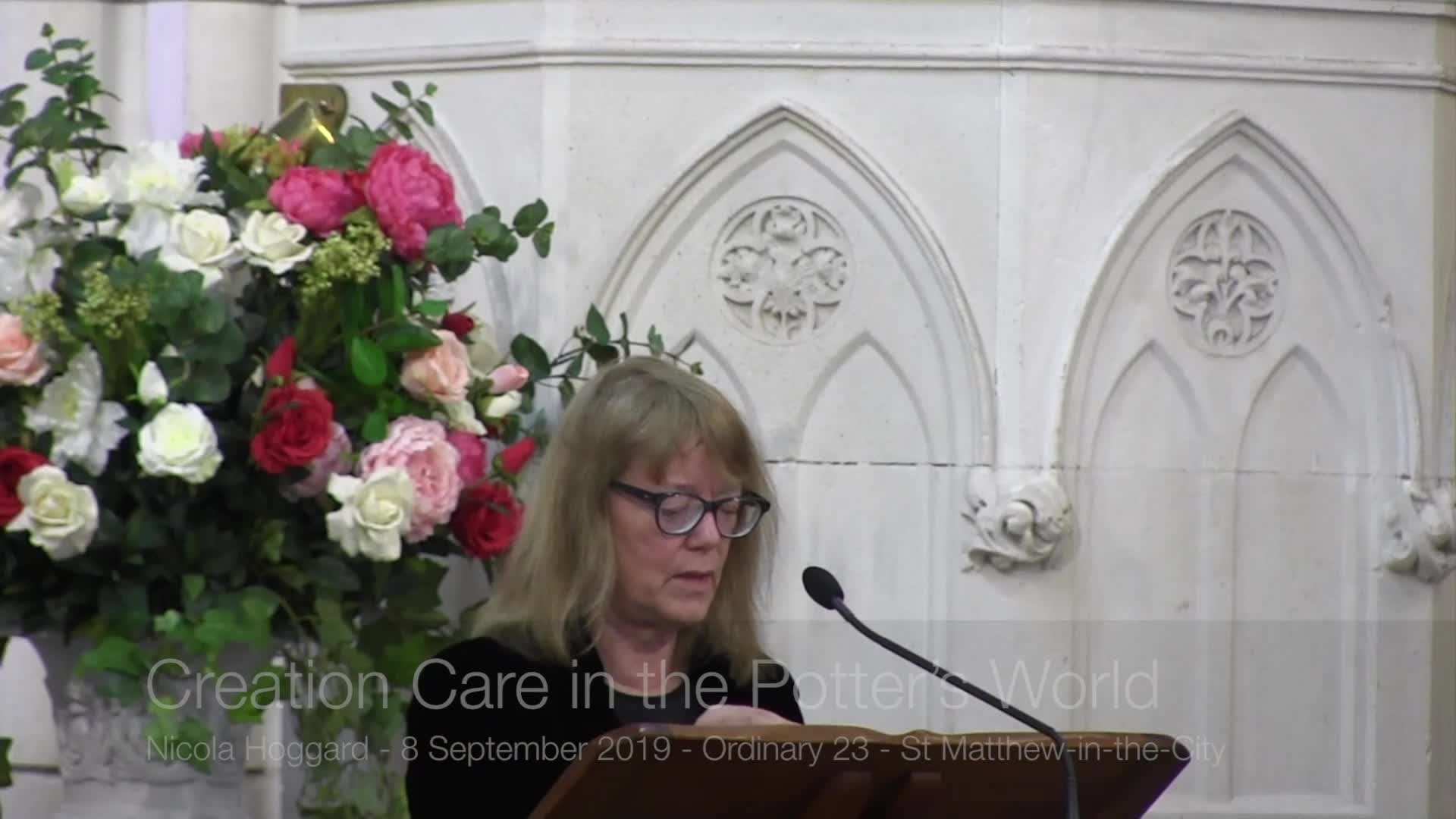
Creation Care in the Potter’s World

What is religious freedom
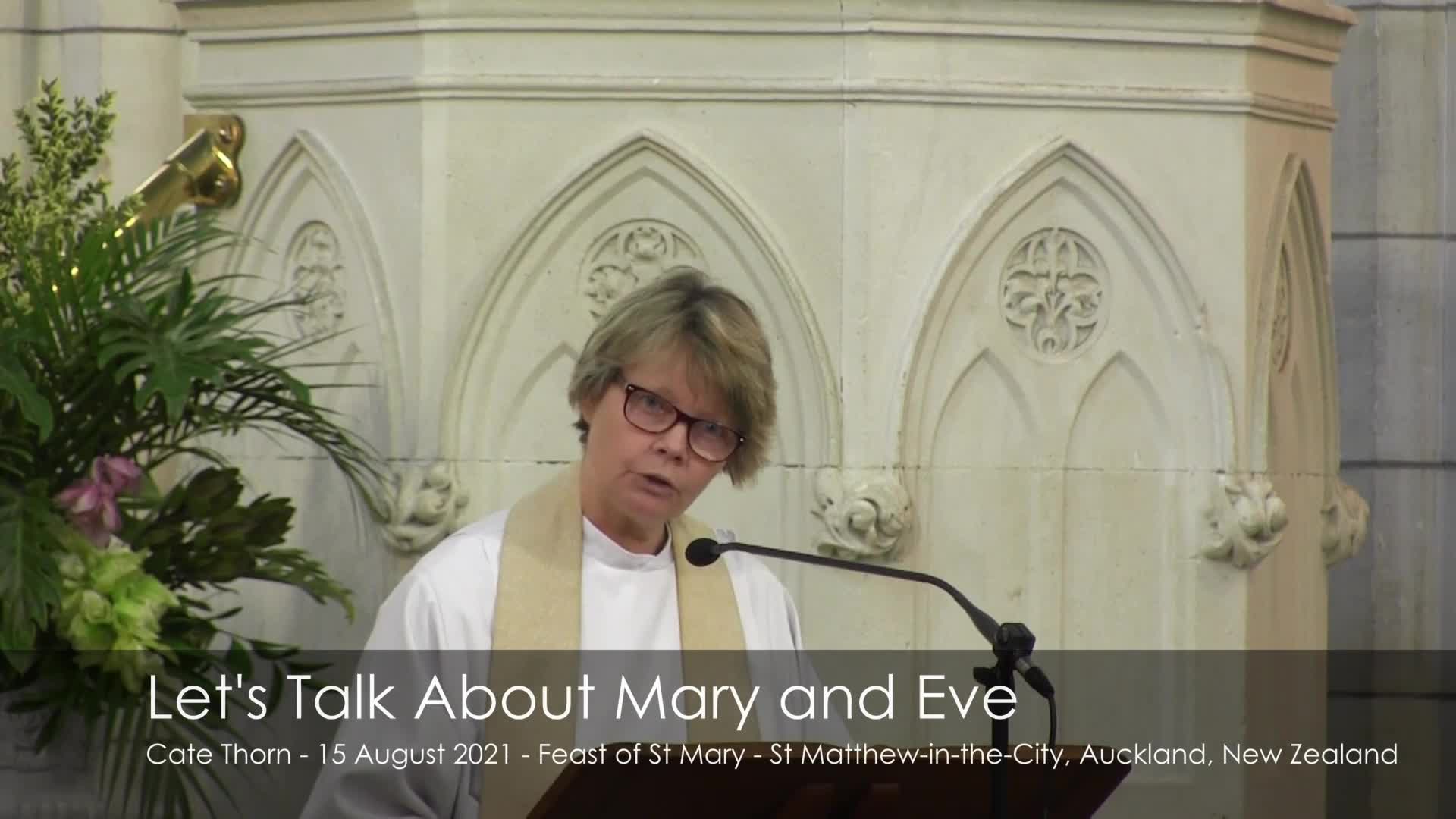
Let’s talk about Mary and Eve
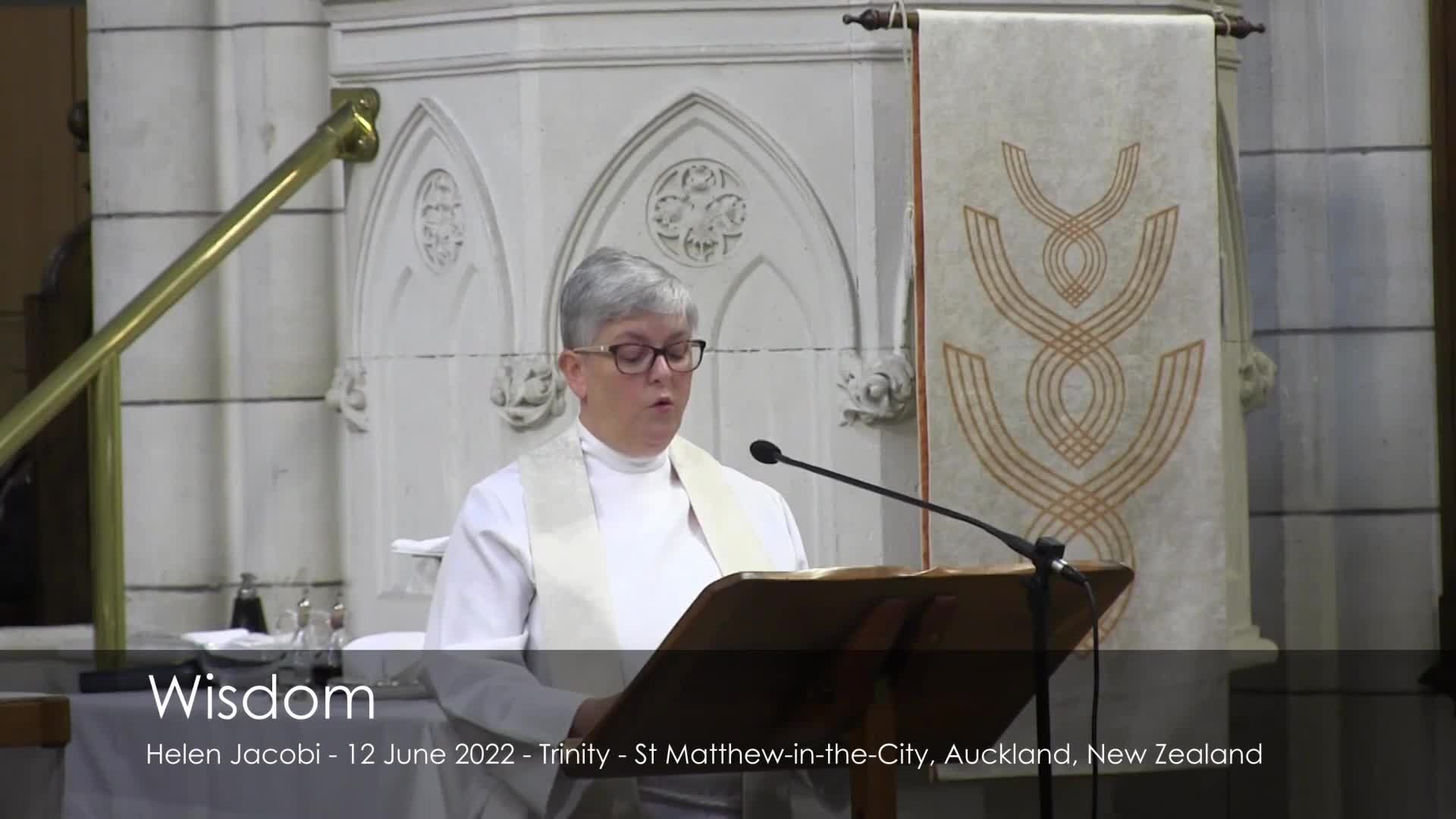
Wisdom
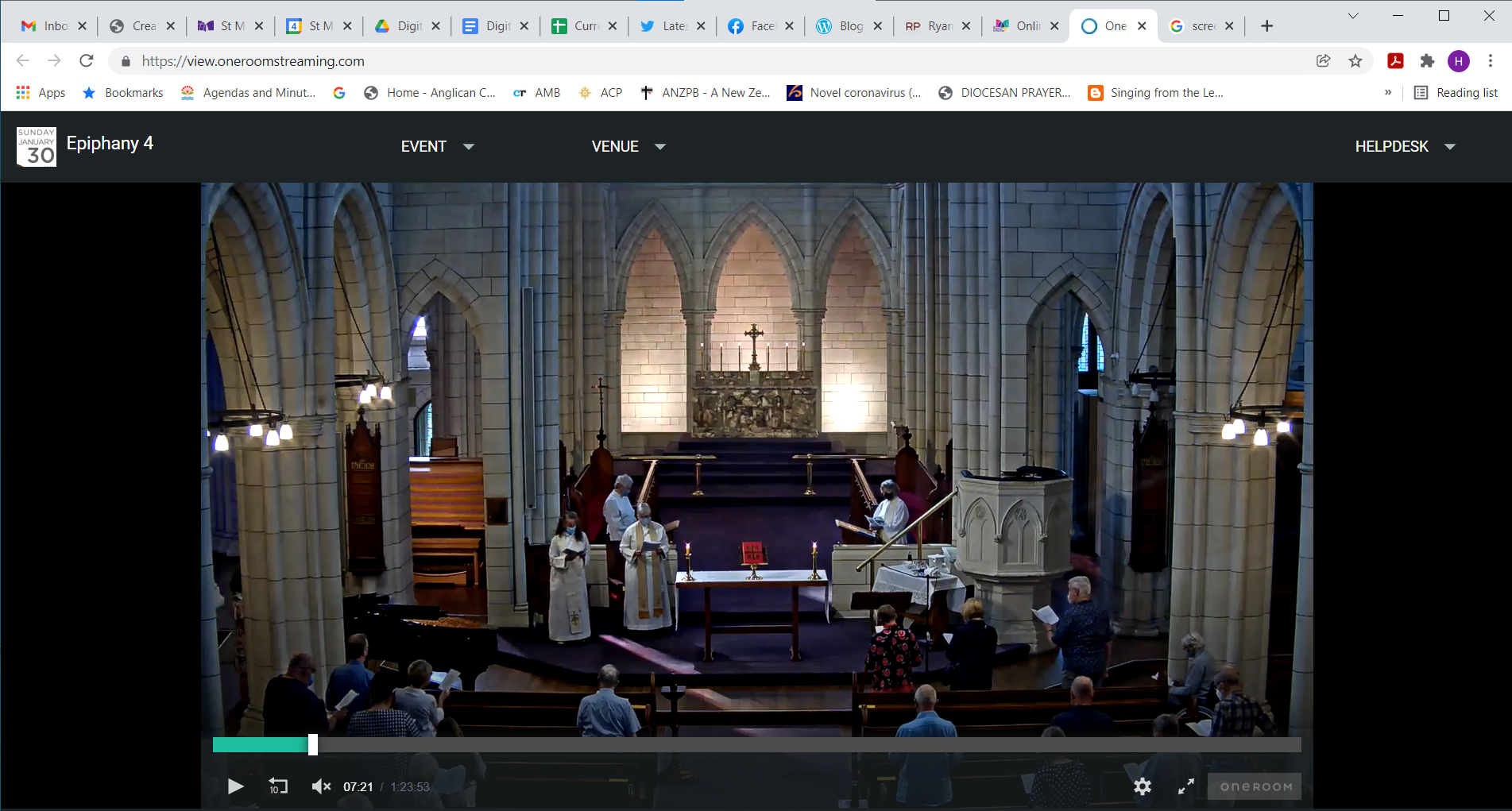
Hybrid worship
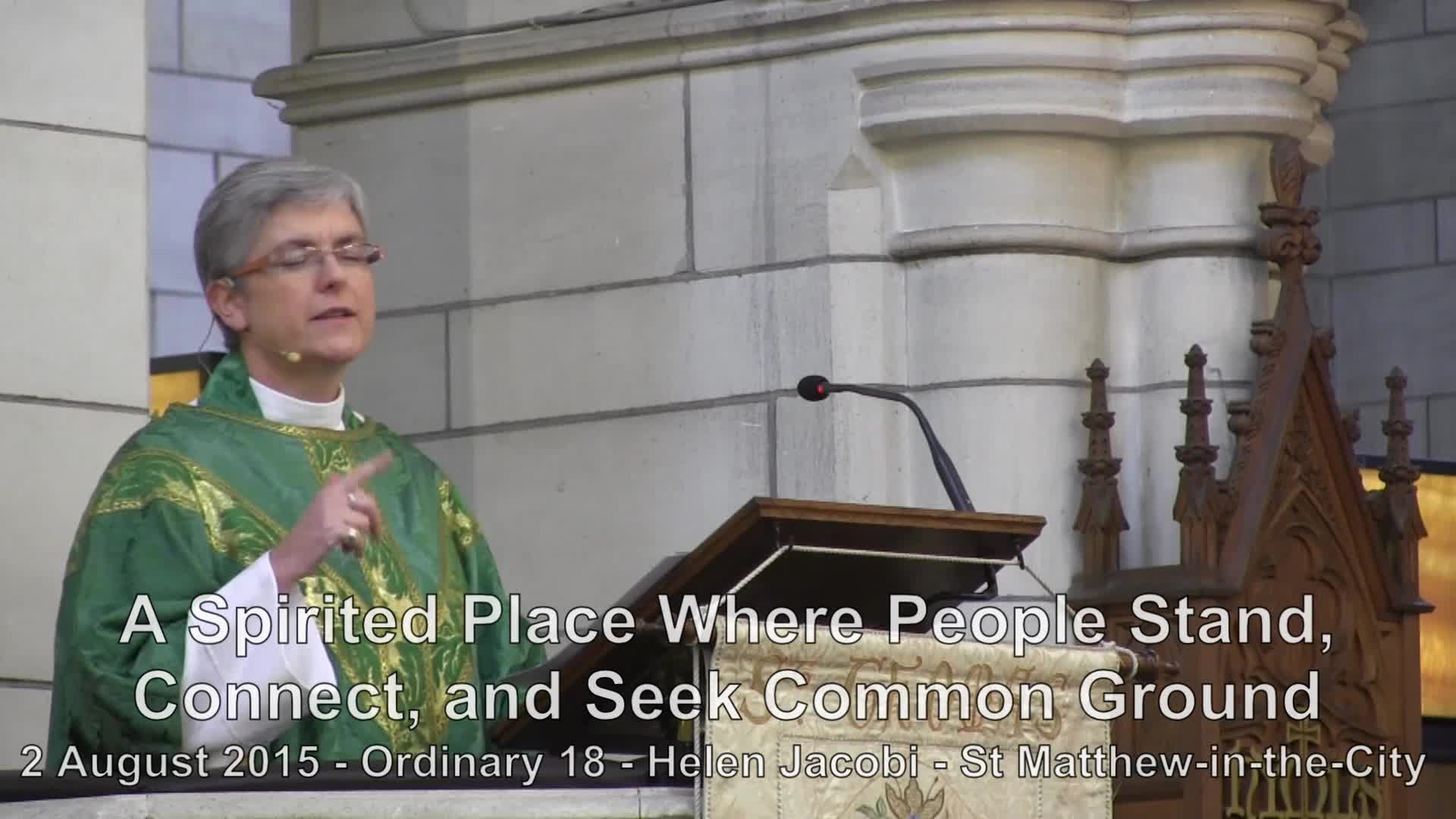
A spirited place
